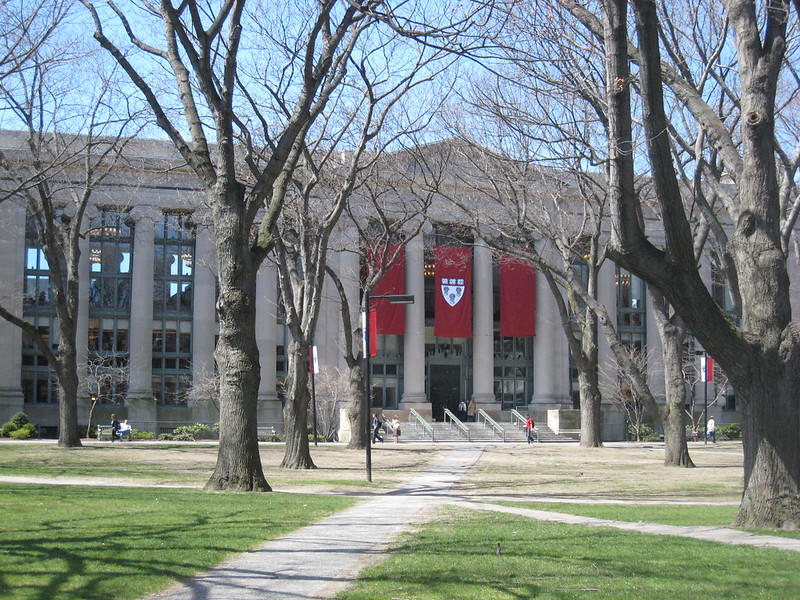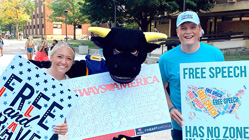Black Student Enrollment Drops at Harvard Law Following Supreme Court Decision on Affirmative Action

Harvard Law School has reported a significant decline in black student enrollment, marking the lowest numbers in decades following last year’s Supreme Court decision striking down race-based admissions policies.
According to a report by The New York Times, Harvard Law enrolled 19 first-year black students this year, representing 3.4 percent of the incoming class. This is the smallest number of black students since the 1960’s. By comparison, last year’s first-year class included 43 black students.
Jeff Neal, a spokesperson for Harvard Law, addressed the report in a statement to The Times, saying the school remains committed to fostering diversity within the confines of the law. Neal said the law school continues “to believe that a student body composed of persons with a wide variety of backgrounds and experiences is a vital component of legal education.”
The Supreme Court’s landmark decision in 2023 struck down affirmative action policies, ruling that race-based admissions practices violate the Equal Protection Clause of the 14th Amendment. The case specifically named Harvard College.
David B. Wilkins, a Harvard Law professor who has studied black representation in the legal field, told The Times the decision has contributed to a “chilling effect” on admissions.
“This is the lowest number of Black entering first-year students since 1965,” Wilkins explained. He also referenced data from the Center on the Legal Profession at Harvard, which showed that first-year black student enrollment had ranged between 50 and 70 students annually since the 1970s.
Neal reiterated the challenges posed by the Supreme Court ruling in a comment to Fox News. “When the Supreme Court ruled last year, it was understood that the decision would impact, in ways that could not be fully anticipated, the ability of educational institutions across the nation, including law schools, to attract and admit a diverse cohort of students,” he said.
“The conclusions that can be drawn from one year of data are necessarily limited. We continue to believe that a student body composed of persons with a wide variety of backgrounds and experiences is a vital component of legal education,” Neal added. “Harvard Law School remains committed both to following the law and to fostering an on-campus community and a legal profession that reflect numerous dimensions of human experience.”
















